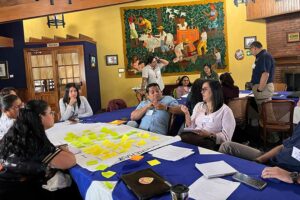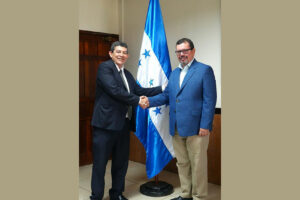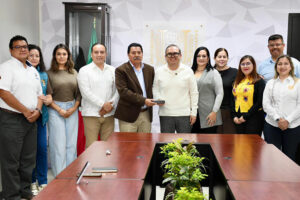CATIE Botanical Garden hosted workshop on propagation protocols for endangered tree species
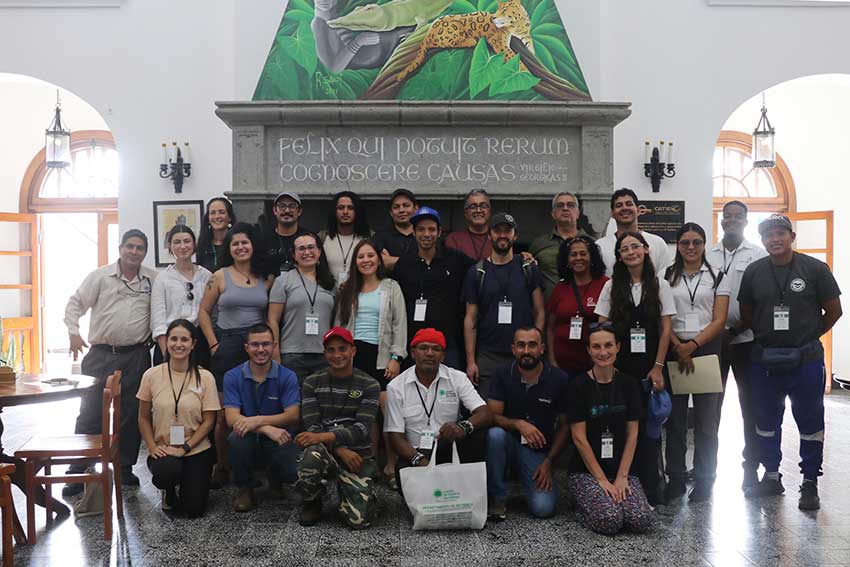
- During four days, specialists and representatives from botanical gardens in Latin America and the Caribbean strengthened their knowledge of forest species propagation.
Representatives from botanical gardens and related organizations from 11 countries in Latin America and the Caribbean gathered at CATIE's Dr. Jorge León Arguedas Botanical Garden in Turrialba, Costa Rica, to participate in a workshop on protocols for propagating endangered tree species.
This activity, carried out thanks to the collaboration between the Caribbean and Central American Botanical Gardens Network, Botanic Gardens Conservation International (BGCI), the CATIE Botanical Garden, and CATIE's Forest Seed Bank, was a space for exchange on the development of protocols for the propagation of forest species, including sexual and vegetative propagation.
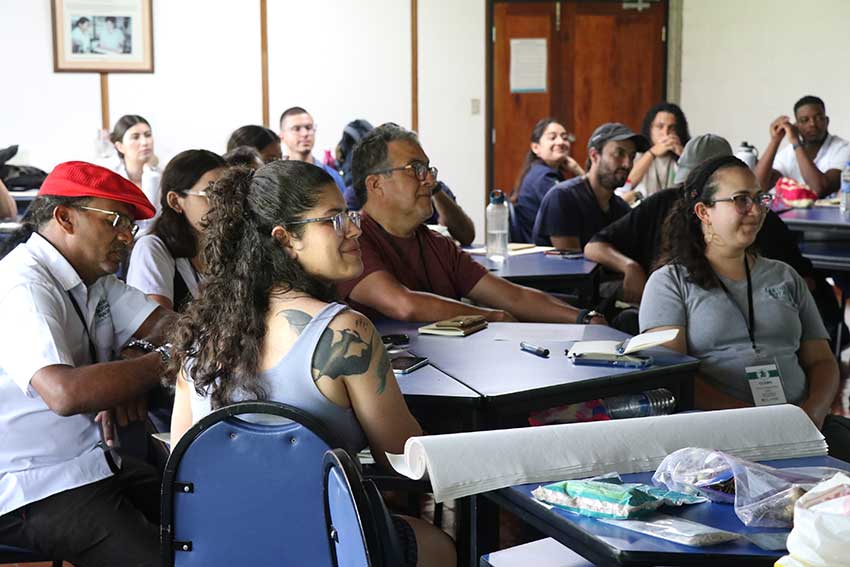
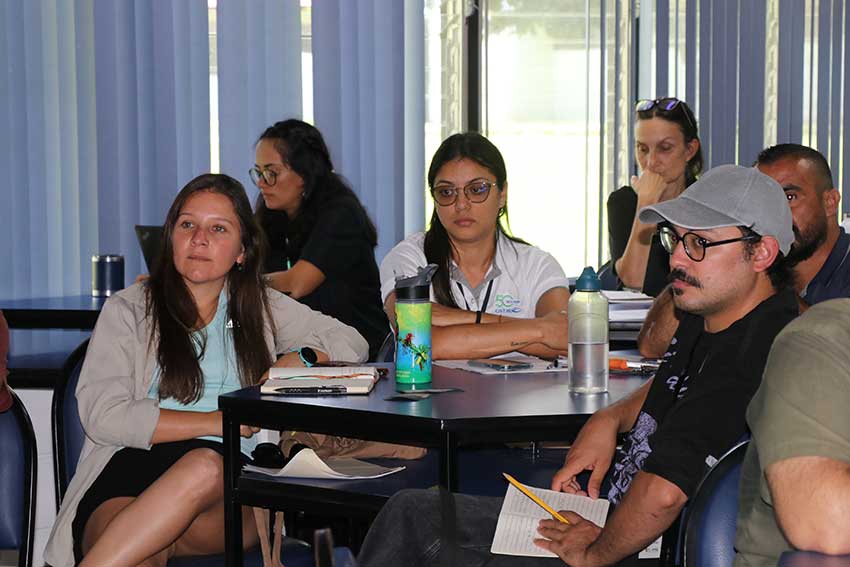
"One of the objectives of this workshop is to share experiences and lessons learned so that these propagation protocols can be shared in each of the participating botanical gardens. We are in the midst of a climate crisis, and one consequence of this is the loss or decline of native species. In this context, botanical gardens play a very important role in conserving species for the future," detailed José Coto, manager of the CATIE Botanical Garden.
Globally, more than 30% of tree species are at risk of extinction, according to data provided by María José Mata, BGCI program officer for Latin America and the Caribbean. “In a region as diverse in trees as the Neotropics, the conservation and propagation of these species is particularly urgent, which is why we pay special attention to the methods and ways in which we carry out propagation and, especially, to sharing information so that we can all learn and make better use of resources,” explained Mata.
The workshop had a practical focus, and the sessions were facilitated by professionals from CATIE, the Cartagena Botanical Garden, and BGCI. The activity began with a session on collecting material and a visit to the CATIE Botanical Garden. On the second day, participants discussed propagation planning and viability testing, and worked in groups to design propagation experiments.
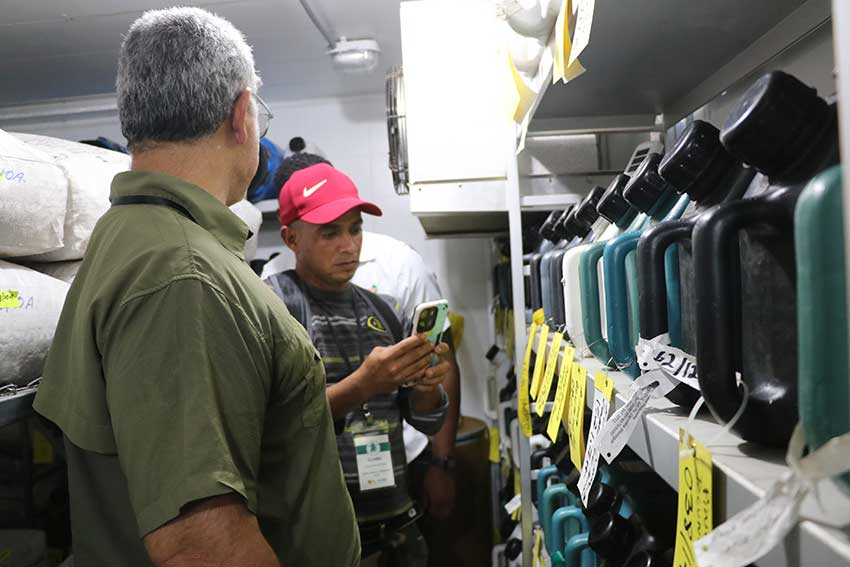
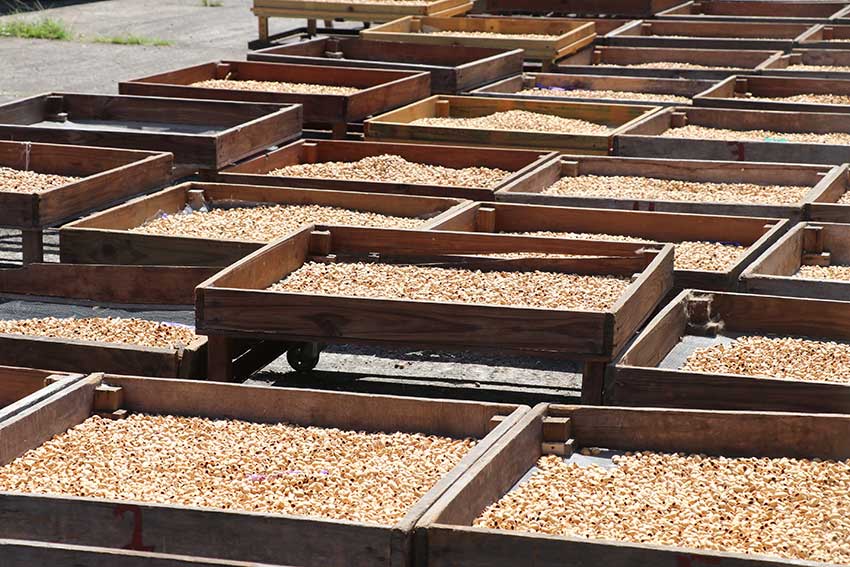
Group work resumed on the third day with germination and growth monitoring practices and transplanting experiments. Finally, a visit was made to CATIE's International Coffee and Cacao Collections, with an emphasis on learning about their vegetative propagation protocols. Each participant also worked on planning a propagation protocol for a specific species.
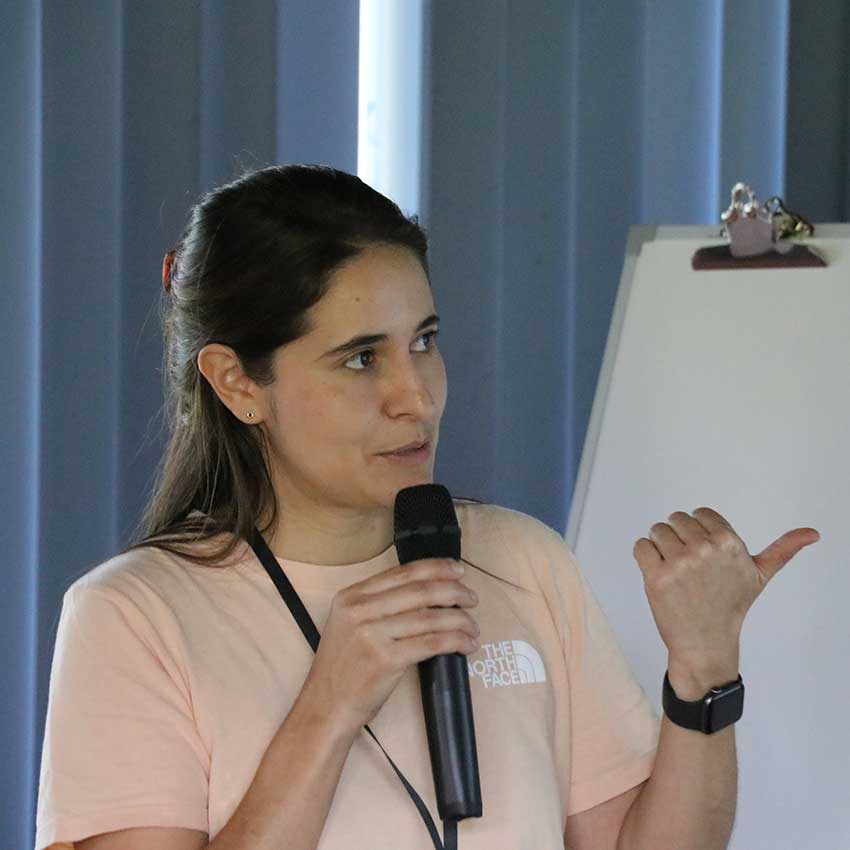
During the workshop, special emphasis was placed on the importance of publishing and sharing propagation protocols. “Participants are realizing the importance of publishing these protocols and generating this information to avoid duplication of effort among botanical gardens doing the same work,” said María Paula Contreras of the Cartagena Botanical Garden.
One of the participants, Moisés Montero, from the National Botanical Garden of the Dominican Republic, highlighted the experience he had during these four days in Costa Rica. “In our botanical garden, we have endangered and threatened plants, so what we learned in this workshop will help us conserve these species and thus contribute to nature in the face of the global problem of climate change,” he said.
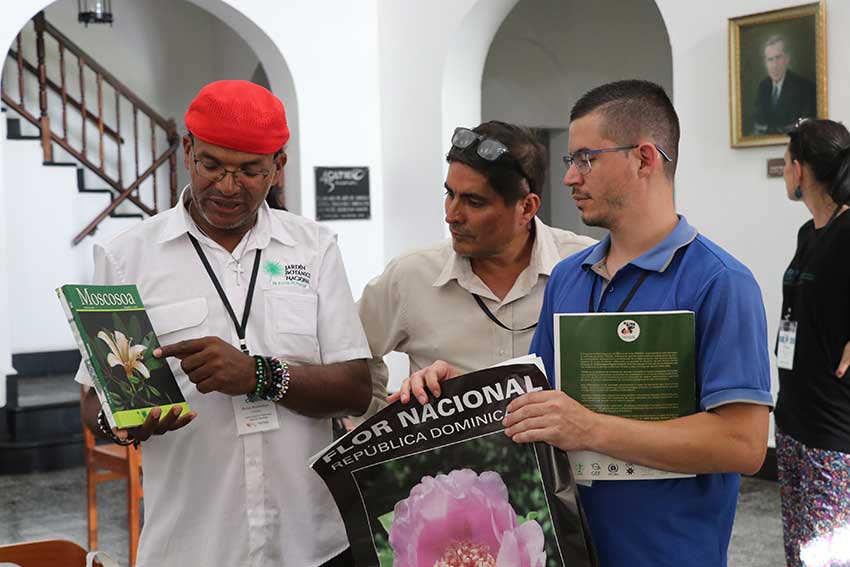
With what they have learned during the workshop, participants are expected to have the tools to collect data, conduct systematic trials for the propagation of endangered species in their respective countries, and publish their work.
More information:
José Alberto Coto Cordero
In charge
CATIE Botanical Garden
jardinbotanico@catie.ac.cr
Written by::
Alejandro Portilla Navarro
Communicator
Communications and Marketing Office
CATIE
alejandro.portilla@catie.ac.cr

